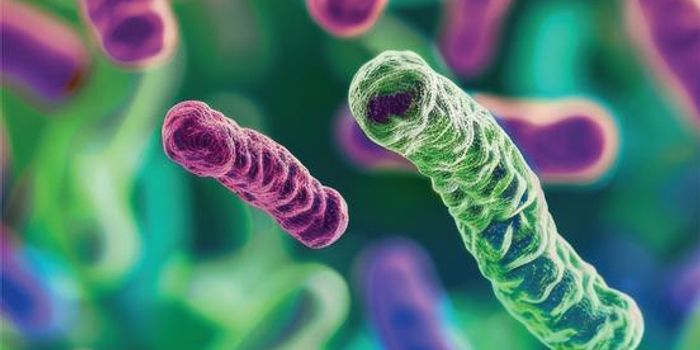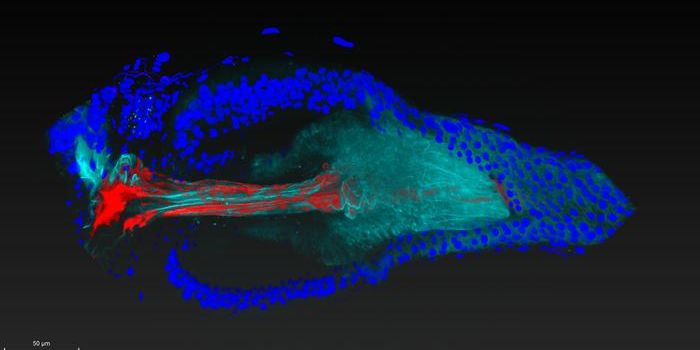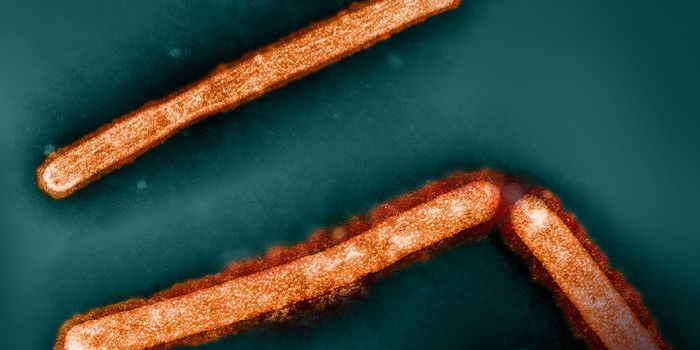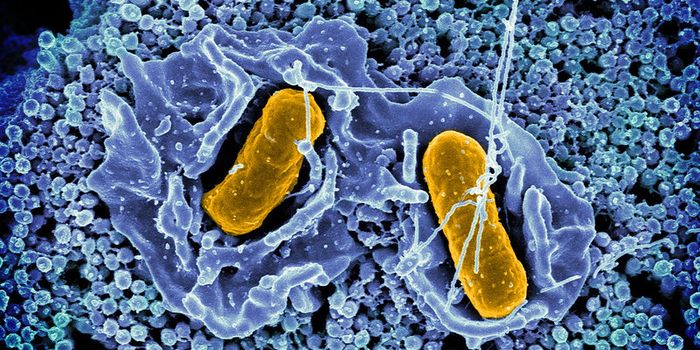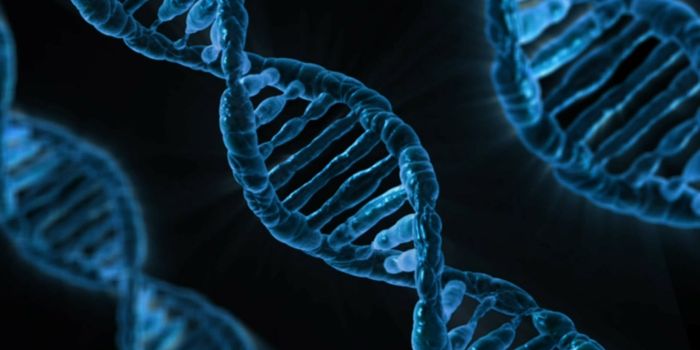A New Kind of COVID-19 Vaccine
The current COVID-19 vaccines by Pfizer/BioNTech and Moderna are based on messenger RNA, which cells use to make proteins. These mRNA vaccines encode a portion of the viral spike protein. The virus uses the whole spike protein to enter and infect cells. But another research group at the RIKEN research institution in Japan is interested in making a different kind of COVID-19 vaccine. Instead of using the genetic information that encodes for the viral spike protein, the researchers looked for a portion of the virus that is less likely to change or mutate over time. If the spike protein of a virus mutates, and a vaccine is designed based on the original and not the mutated sequence, that vaccine may lose efficacy over time.
In this work, the researchers aimed to create a unique vaccine that would induce the body to generate antibodies against the portion of the virus they'd selected.
"We chose a novel approach to vaccine design because in the past there have been viruses against which no conventional vaccine could be developed," said Kenichi Masuda, Team Leader at the Vaccine Innovation Laboratory, RIKEN Baton Zone Program.
"The reasons for this are usually because the virus mutates and the vaccine loses its effectiveness, or because the vaccine actually increases the susceptibility to viral infection as a side effect. There is a lot of expertise in immunology at RIKEN, which we have been taking advantage of to create a vaccine that will not have either of these problems."
The targets of these vaccines may not generate antibodies that potentially increase the chances of viral infection, so-called antibody-dependent enhancement that can happen in some cases, like dengue virus. Antibodies that target dengue virus but do not neutralize it, which can be generated after a person is infected with the pathogen, can actually help the virus cause infection.
"Rather than the conventional approach of using the whole virus or virus proteins as the target for a vaccine, we searched for a conserved part of the virus protein to use, which would be less likely to mutate. We then created a unique vaccine that specifically targets our chosen part of the virus. Our vaccine induces the immune system to make antibodies against our chosen part of the virus, and these induced antibodies should not enhance the susceptibility to viral infection."
So far, the researchers have tested their vaccine in a cat model. They found that the vaccine did induce the production of antibodies, but there is more work to be done before the vaccine is ready for the clinic, and these findings have not yet been peer-reviewed.
The researchers are planning to continue this research, and are hopeful that their vaccine "will be effective not only against SARS-CoV-2, but also against other coronaviruses endemic in animals," said Masuda.
"Our ultimate goal is to be able to prevent the zoonotic spread of viruses from animals to humans, and reduce the chance that the world becomes subjected to another [corona]virus pandemic in the future."
Source: RIKEN

